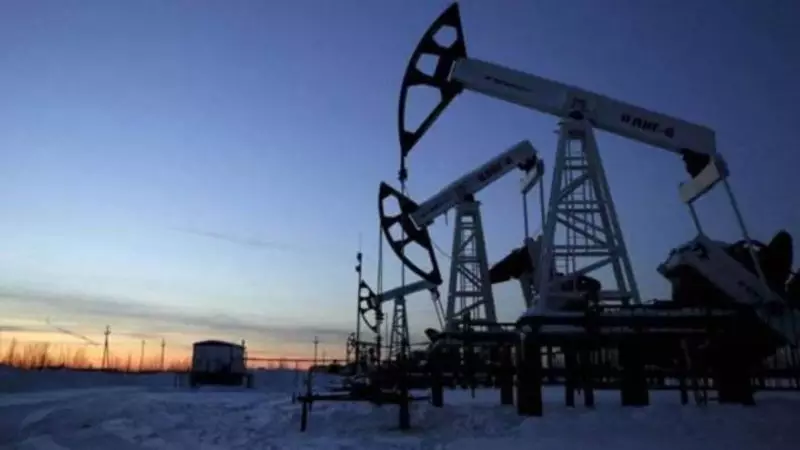
In a dramatic shift reflecting the profound impact of Western sanctions, Russian oil behemoth Lukoil is preparing for a massive retreat from its international operations. The company, once a global energy player, is now actively planning to divest numerous overseas assets as economic restrictions continue to bite.
The Sanctions Squeeze
Western sanctions imposed following Russia's actions in Ukraine have created insurmountable obstacles for Lukoil's international business units. The restrictions have severely hampered the company's ability to conduct routine operations, manage finances, and maintain supply chains across global markets.
Assets on the Chopping Block
According to industry insiders and internal documents, Lukoil's divestment strategy includes:
- European refineries that have become financially unsustainable under current restrictions
- International petrol station networks across multiple continents
- Exploration and production assets in various global markets
- Storage and distribution facilities that can no longer operate efficiently
Strategic Implications
This planned retreat represents one of the most significant corporate responses to the ongoing geopolitical tensions. Lukoil's decision underscores how Western sanctions are effectively forcing Russian energy giants to reconsider their global footprint and strategic priorities.
The asset sales, while potentially providing short-term liquidity, signal a fundamental restructuring of one of Russia's most important corporate entities. Industry analysts suggest this could mark the beginning of a broader trend among Russian companies facing similar pressure from international sanctions.
Market Impact
The divestment process is expected to create both challenges and opportunities in global energy markets. While Lukoil struggles to find buyers in the current political climate, competitors and investment firms are closely monitoring which assets might become available and under what terms.
This development comes as Western nations continue to tighten economic pressure on Russian businesses, particularly in the strategically crucial energy sector that has long been the backbone of Russia's economy.





